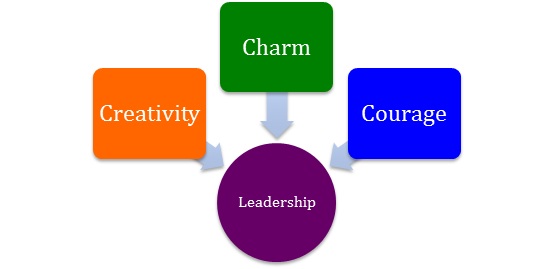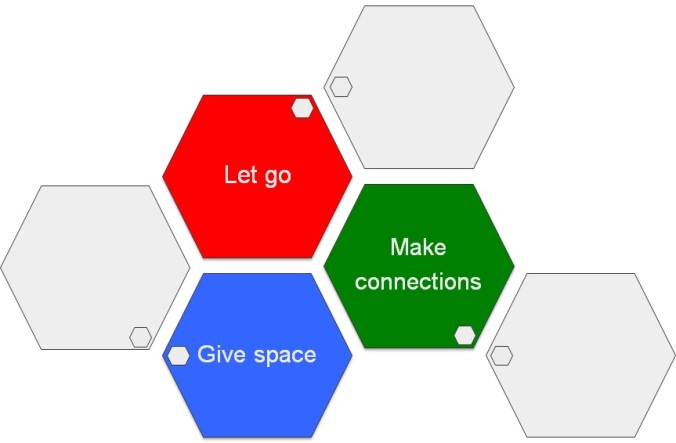Catherine Staite
I have called this blog series ‘preaching to the choir’ as it is dedicated to local authority chief executives and they already know a great deal about leadership. They wouldn’t survive and thrive in their posts if they didn’t.
They already know that heroic leadership is only useful in the case of fire and flood and that leadership of organisations in giving way to leadership of whole systems – which is a whole lot harder. Instead, I’d like to focus on three aspects of leadership which are talked about less often but are absolutely crucial to effective and sustainable leadership, in complex systems and in difficult times. They are: creativity, charm and courage.
So what is creativity and why do leaders need it so much?
We hear a great deal about the need for change and innovation – which implies creativity. However, so much which is described as innovation is nothing of the sort. Adam Smith introduced us to lean thinking in The Wealth of Nations in 1776. The Hanseatic League demonstrated the benefits of collaboration and shared services in the 17th century. We could and should learn from the past, but too often old ideas are re-labelled and sold on as new, not as a coherent element of a new way of solving problems but as a ‘one size fits all’, ‘but this and all will be well’, single focus solution.
So if creativity isn’t just about endlessly recycling the ideas of previous eras, what is it? Steve Jobs said creativity is just connecting things. How simple, and how true.
We are subject to constant but superficial change. The ink hasn’t dried on one paradigm before it’s shifted. But we’re in a time of evolution not revolution, no matter how apocalyptic the environment feels at times. Not withstanding the 24/7 networked digital revolution we all still meet in rooms – not cyberspace. Joseph Chamberlain could come back from the dead and find his way round Birmingham City Council. Not only is the décor much as he left it, members and officers are focusing on the successor problems to those that were the focus of his attention. Both he and they are attempting to achieve the same outcomes – better lives for the people of Birmingham.
We really need creativity – not to create a new universe but to unstick the current one. In mental health services in the 1990s we were innovating to create an integrated care system, including diverting mentally disordered offenders from inappropriate custody. The evidence was clear. Early diversion from the criminal justice system and multi-disciplinary support wrapped around the person saved a lot of money for services and a lot of damage for people with severe mental health problems who committed minor offences. 25 years later not much has changed. Why is that? Perhaps it’s because, in spite of the enthusiasm and commitment of the champions of change, episodic creativity and short term collaboration does not penetrate the roots of organizational silos and professional conservatism. As Albert Einstein said, we can’t solve problems by using the same kind of thinking we used when we created them.
So what can leaders do to help convert short-term creativity into long-term benefits? According to Albert von Szent-Gyorgy, discovery consists of seeing what everyone has seen and thinking what nobody has thought. Leaders can make the space for creativity as well as bringing people together, allowing time, encouraging risk and forgiving failure. Creativity is often about seeing opportunities to bring together different ideas and new ways of thinking. Leaders can also help to embed new thinking by challenging some of the entrenched interests rather than colluding with those who say that change is ‘too difficult’. As Thomas Edison put it, with admirable brevity, there’s a better way to do it – find one.
Catherine Staite is the Director of INLOGOV. She provides consultancy and facilitation to local authorities and their partners, on a wide range of issues including on improving outcomes, efficiency, partnership working, strategic planning and organisational development, including integration of services and functions.


